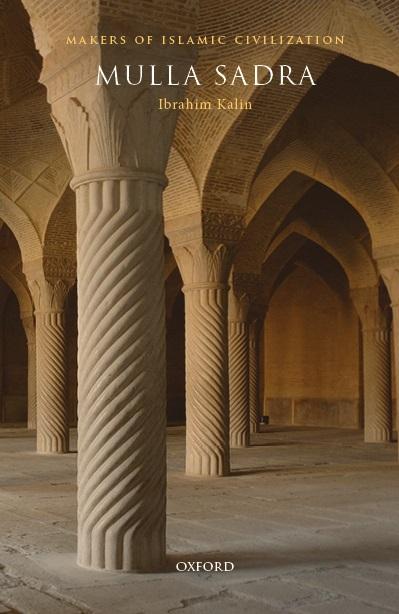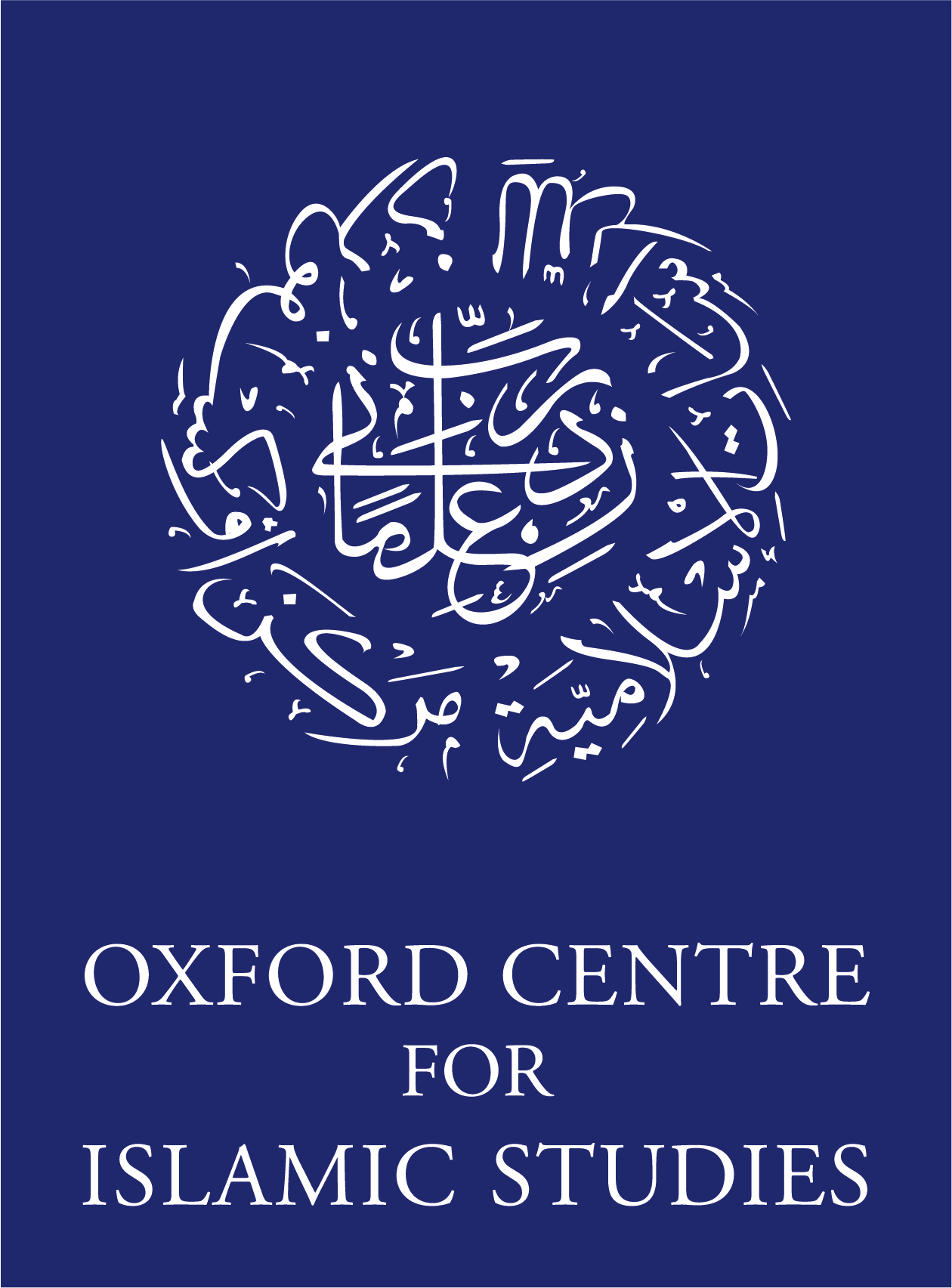Mullā Ṣadrā
Mullā Ṣadrā (1572–1740), one of the most prominent of post-Avicennan Islamic philosophers, undertook to revive the study of philosophy as both logical analysis and spiritual exercise. His writings combine revealed, demonstrative and realized, mystical knowledge (respectively, qurʾān, burhān and ʿirfān) into an integrated epistemology. ‘Transcendent Wisdom’ (al-ḥikmat al-mutaʿāliya), the name given to his school of thought, is based on the insight that all philosophical and epistemological considerations must begin and end with existence (wujūd), the principle from which beings derive their reality. Ṣadrā’s philosophical ‘four journeys’ reflect his profound engagement with the varieties of existence and its modalities, and his disciplined search for the underlying unity between humans, the universe and the Divine. This book situates Ṣadrā in the Islamic intellectual tradition, travels with him on his philosophical journeys, and highlights their relevance for philosophical issues in today’s world.
Mullā Ṣadrā was published in 2014.
Author
Ibrahim Kalin, since 2009 an advisor to the Prime Minister’s Office, Turkey, taught Islamic Studies at Georgetown University and was the founding director of the SETA Foundation. He is Editor-in-Chief of the Oxford Encyclopaedia of Philosophy, Science and Technology (OUP, 2014), and co-editor of War and Peace in Islam: The Uses and Abuses of Jihad (2013) and Islamophobia: The Challenge of Pluralism in the 21st Century (2011). Among other studies of Mullā Ṣadrā, he is the author of Knowledge in Later Islamic Philosophy: Mullā Sadrā on Existence, Intellect and Intuition (OUP, 2010).

